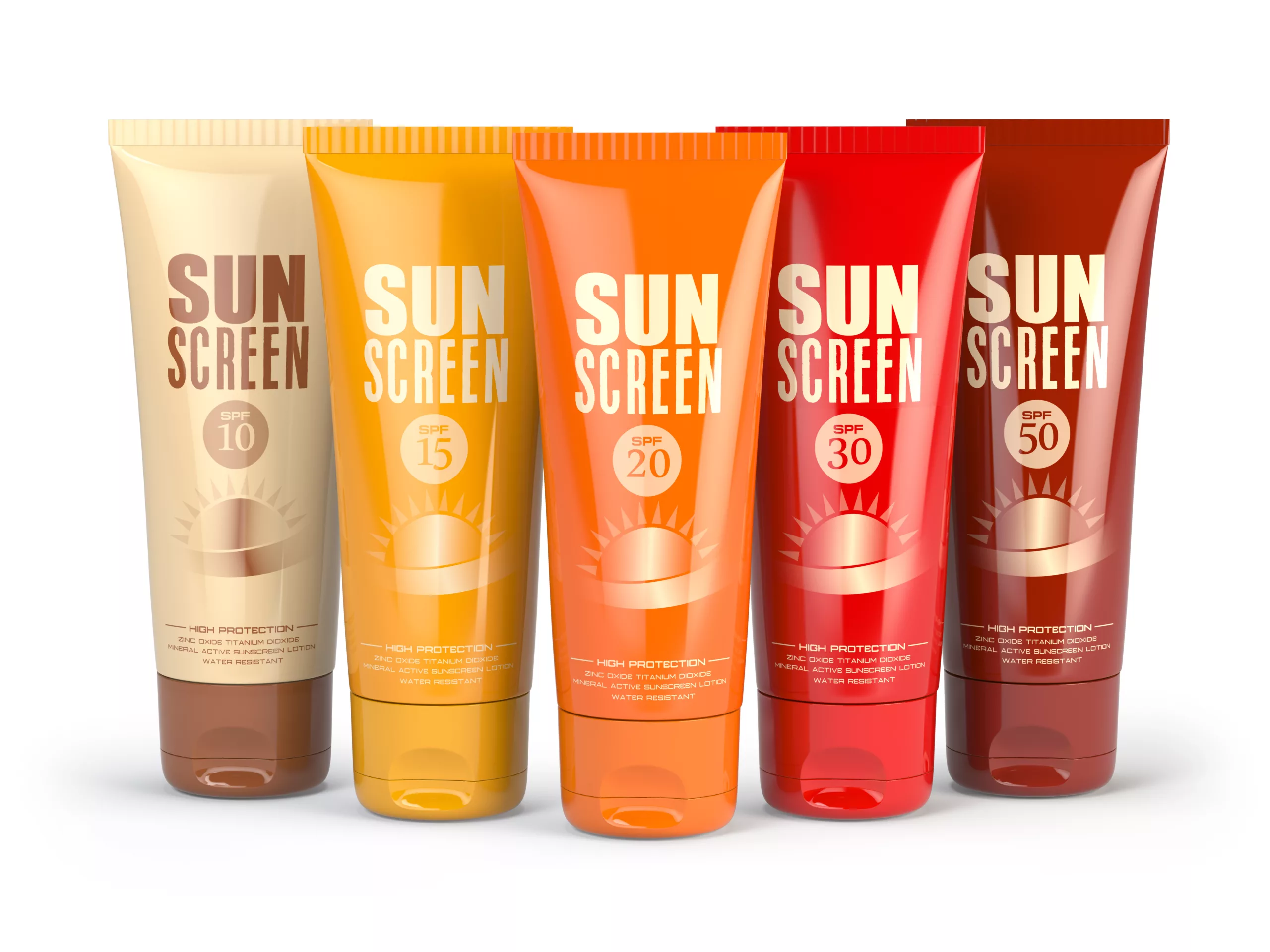
Fatigued by the overwhelming array of options in the sunscreen aisle? Reassurance is here. In our pursuit of impeccable sun protection, we intend to meticulously explore the complexities of SPF and thoroughly assess the advantages and disadvantages of mineral versus chemical sunscreens.
Sunscreen plays a pivotal role in our daily routines, but the process of selecting the most suitable one can be rather daunting. With considerations ranging from SPF ratings to the choice between mineral and chemical formulations, the options seem endless.
Our objective is to streamline this process and provide guidance towards a solution that aligns with your preferences and requirements.
We will systematically explain the science underlying SPF and meticulously analyze the pros and cons of mineral and chemical sunscreens. Our aim is to empower you with the insights needed to make the optimal sunscreen choice for your lifestyle.
Understanding SPF
Choosing the Right SPF Level: Your Sun Protection Guide
When it comes to SPF, think of it as your sun protection armor. The higher the SPF, the greater the protection. However, this doesn’t mean SPF 100 is twice as effective as SPF 50. SPF 30 blocks around 97% of UVB rays, while SPF 50 blocks about 98%. The key is consistent reapplication, especially after swimming or sweating.
Unveiling the Importance of Broad-Spectrum Protection
While SPF shields against UVB rays that cause sunburn, it’s vital to check for broad-spectrum protection, guarding against UVA rays linked to premature aging and skin cancer. Always opt for “broad-spectrum” on the label.
Location Matters: Tailoring Sunscreen for Every Occasion
Where do you plan to wear your sunscreen? For daily use, a lightweight formula works wonders. If you’re hitting the waves, water-resistant options are your best bet.
Mineral vs. Chemical Sunscreens
Mineral and chemical sunscreens offer distinct designs for your sun protection.
Mineral Sunscreens (Inorganic or Physical Sunscreen)
Pros:
- Physical Barrier: Zinc oxide or titanium dioxide forms a protective layer on the skin, reflecting UV rays.
- Gentle on Skin: It is ideal for sensitive skin, as minerals are less likely to cause irritation.
- Immediate Effect: It starts working upon application.
Cons:
- White Cast: Some mineral sunscreens may leave a whitish residue on the skin.
- Thicker Texture: It can feel heavier on the skin.
Chemical Sunscreens (Organic Sunscreen)
Pros:
- Lightweight: The sunscreen absorbs into the skin without leaving a noticeable residue.
- Transparent Application: There’s no white cast, making it suitable for all skin tones.
- Varied Formulations: It’s available in different textures and formulations.
Cons:
- Chemical Absorption: It may cause irritation for those with sensitive skin.
- Activation Time: The sunscreen requires around 20 minutes to become effective after application.
Final Thoughts
The optimal sunscreen for your needs should be consistently integrated into your routine. Whether you opt for the physical barrier of mineral sunscreens or the chemical sophistication of their counterparts, the key lies in discovering your personalized sunscreen sanctuary.
Remember, your sunscreen journey is profoundly personal, and the quest for the perfect fit is a pivotal stride toward cultivating healthier, happier skin.
In instances of specific skin concerns or conditions, seeking guidance from a dermatologist for personalized recommendations is advised. While sunscreen unquestionably holds a crucial role in your skincare regimen, it is far from a one-size-fits-all solution.
Are you ready to embark on your personalized sunscreen journey? Share your reflections or inquiries in the comments below, fostering an ongoing conversation.
In the realm of sun protection, knowledge emerges as your ally. Here’s to discovering your perfect sunscreen and responsibly basking in the warmth of the sun! Have more questions? come see our skin experts at the Las Vegas medspa.

